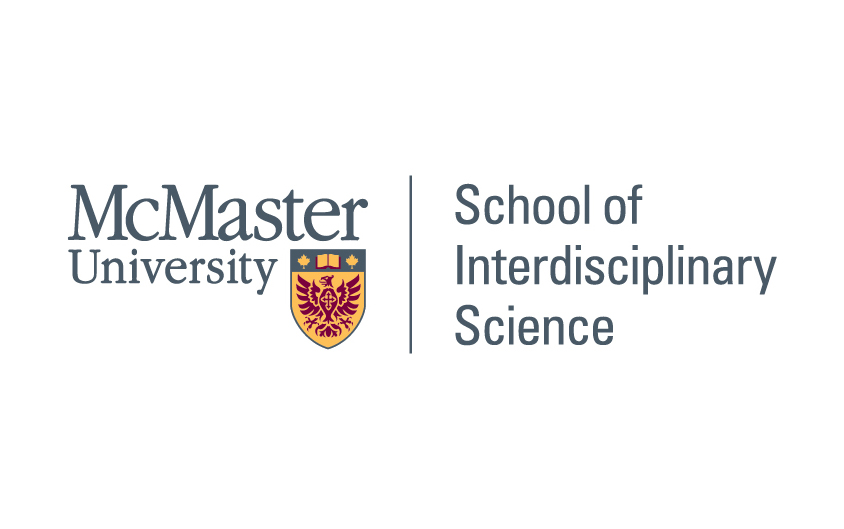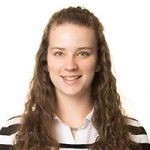Information Box Group

Office Hours:
Monday – Friday
from 9:00 a.m – 4:30 p.m.
Information Box Group
View all Faculty of Science Departments, Schools and Programs
Undergraduate Email: Students experiencing issues with enrollment, please email sis@mcmaster.ca
Undergraduate Phone: students with questions or problems, please email sis@mcmaster.ca rather than phone
ext.+1 (905) 525-9140 ext. 21181
Website Feedback:
Online Form Submission
Science-Wide IT Support for Faculty and Staff:
scitech@mcmaster.ca
Academic Advising Hours:
In Person: Tuesdays and Fridays: 9:00 am – 4:00 pm
Virtual: Wednesday – Friday from 12:30 p.m – 3:30 p.m
Address:
AN Bourns Science Building (ABB), Room C501
McMaster University, 1280 Main Street West
Hamilton, Ontario
L8S 4M1
Canada
Information Box Group

Ana Campos
Director, School of Interdisciplinary Science

Katie Moisse
Associate Professor
Associate Director Life Sciences Program

Chelsey Weatherup
Laboratory Technician
(on Leave)






